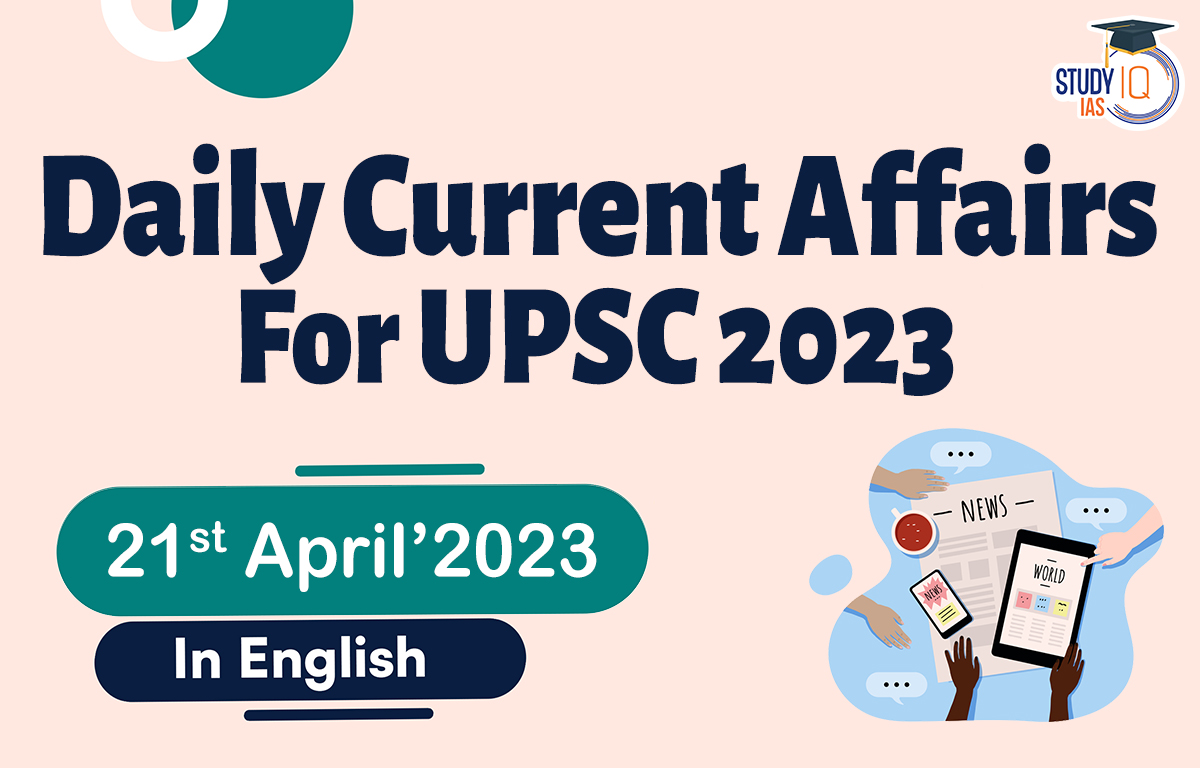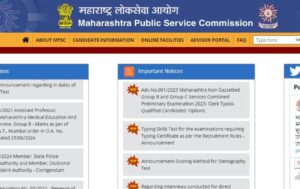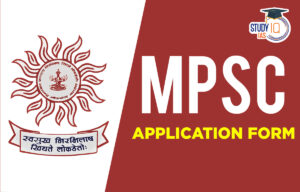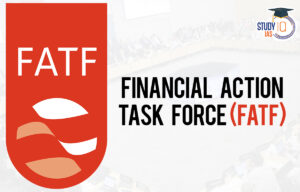Daily Current Affairs for UPSC 2023
Q) Recently seen in news, the Hakki Pikki tribe belongs to which of the following Indian state?
- Odisha
- Tripura
- Karnataka
- Himachal Pradesh
Daily Current Affairs for UPSC – 20 April 2023
Explanation:
- Option (3) is correct: More than 181 members of the Hakki Pikki tribal community from Karnataka are stuck in violence-hit Sudan. Hakki Pikkis (Hakki in Kannada means ‘bird’ and Pikki means ‘catchers’) are a semi-nomadic tribe, traditionally of bird catchers and hunters. They live in several states in west and south India, especially near forest areas. According to the 2011 census, the Hakki Pikki population in Karnataka is 11,892, and they live majorly in Davangere, Mysuru, Kolar, Hassan and Shivmogga districts. In different regions, they are known by different names, such as Mel-Shikari in northern Karnataka and Maharashtra. Traditionally, Hakki Pikkis lived in forest areas, leading a nomadic life for nine months a year and coming back to their permanent camps for three. Earlier, they killed animals to make a living. However after wildlife protection laws became stricter, the Hakki Pikkis in Karnataka started selling spices, herbal oils, and plastic flowers in local temple fairs. Discovering huge demand for Ayurvedic products in the African continent, they started selling their products in Africa. Hakki Pikkis in Karnataka follow Hindu traditions and celebrate all Hindu festivals. They are non-vegetarians. They converse in ‘Vaagri’, an Indo-Aryan group of language. The tribe prefers cross-cousin marriages. The society is matriarchal, where the groom gives dowry to the bride’s family. Monogamy is the norm.
Q) Consider the following statements about Light Combat Aircraft (LCA) Programme:
- Under the programme, multi-role supersonic fighter aircraft are being manufactured by Hindustan Aeronautics Limited.
- As per the programme, advanced versions of the MIG-29 will be manufactured indigenously.
- The naval variants of aircraft will also be developed to increase combat abilities.
Which of the statements given above is/are correct?
- 1 and 2 only
- 1 and 3 only
- 2 and 3 only
- 1, 2 and 3
Explanation:
- Statement 1 is correct but statement 2 is incorrect: Under the Light Combat Aircraft (LCA) Programme, the LCA Tejas are being developed. Tejas is a single-engine and highly agile multi-role supersonic fighter aircraft manufactured by Hindustan Aeronautics Limited (HAL). Tejas Mk-I version is made up of 60% indigenous content. It is a fourth-generation aircraft. It is equipped with Active Electronically Scanned Array (AESA) Radar, Advanced Short-Range Air-Air Missile (ASRAAM), Electronic Warfare (EW) Suite and Air to Air Refueling (AAR). AESA can track multiple enemy targets with high accuracy and EW identifies and locates threat signals, attack or jam adversary’s signal operations.
- Statement 3 is correct: Tejas Mk-2 version has increased payload carrying capacity and internal fuel capacity, redesigned cockpit, improved combat range, and an integrated infrared search and track (IRST) system. Tejas Naval variant will be lighter than it normal version to ensure easy take-off and landing from Aircraft carriers.
Q) With reference to ‘Eat Right India movement’, consider the following statements:
- It aims to promote geographic indication-based agricultural products.
- It was launched by the Ministry of Health and Family Welfare.
Which of the statements given above is/are correct?
- 1 only
- 2 only
- Both 1 and 2
- Neither 1 nor 2
Explanation:
- Statement 1 and 2 are incorrect: Food Safety and Standards Authority of India (FSSAI) launched ‘The Eat Right Movement’ on 10th July, 2018. It is a large-scale effort to transform the country’s food system into safer and healthier eating habits. It is a Pan-India cycle movement aimed to create consumer awareness about eating safe and nutritious food. Aims at good food habits for the people of the country but also promotes food that is good for the planet. It adopts a judicious mix of regulatory, capacity building, collaborative and empowerment approach to ensure that both the parameters are followed. It is built on three broad pillars of ‘Eat Healthy’, ‘Eat Safe’ and ‘Eat Sustainably’. It adopts an integrative or ‘whole of the government’ approach since the movement brings together food-related mandates of the agriculture, health, environment and other ministries.
Q) Consider the following statements about Shanghai Cooperation Organisation (SCO):
- One of the objectives of the SCO is to enhance trade and humanitarian cooperation.
- The Heads of State Council is responsible for approving the budget of the SCO.
- Recently Saudi Arabia joined the SCO as a full-time member state.
Which of the statements given above is/are correct?
- 1 only
- 1 and 2 only
- 2 and 3 only
- 1, 2 and 3
Explanation:
- Statement 1 is correct: Shanghai Cooperation Organisation (SCO) is an intergovernmental organisation established on June 15, 2001, in Shanghai, China. The Headquarters of SCO is in Beijing. Official languages of SCO are Mandarin and Russian. SCO aims to form a multilateral association to ensure security and maintain stability across the Eurasian region, come together to counteract emerging challenges and threats, and enhance trade, as well as cultural and humanitarian cooperation.
- Statement 2 is incorrect: Heads of State Council is the main body of SCO which decides its internal functioning and its interaction with other States and international organisations and considers international issues. Council of Ministers of Foreign Affairs is responsible for issues related to day-to-day activities. Heads of Government Council is responsible for approving the budget, considers and decides upon issues related to economic spheres of interaction within SCO.
- Statement 3 is incorrect: Saudi Arabia will be joining the Shanghai Cooperation Organisation (SCO) as a “dialogue partner”. China, Russia, Kazakhstan, Kyrgyzstan, Tajikistan, Uzbekistan, India and Pakistan are member states of SCO. India is currently the chair of SCO. Afghanistan, Iran, Belarus, and Mongolia are observers at SCO. The process of granting Iran “Member State” status has already been started. Armenia, Azerbaijan, Cambodia, Nepal, Sri Lanka and Turkey, Saudi Arabia, Qatar and Egypt will also be granted the status soon.
Q) With reference to ‘Vaccine confidence Project’, consider the following statements:
- It is a joint project of the World Health Organisation and the GAVI Alliance.
- It acts as an early warning system to evaluate public confidence in vaccines.
- As per the project, there has been an increase in negative attitudes towards the importance of vaccines for children in India recently.
Which of the statements given above is/are correct?
- 1 and 2 only
- 2 only
- 1 and 3 only
- 1, 2 and 3
Explanation:
- Statement 1 is incorrect: The Vaccine Confidence Project (VCP) was established by Professor Heidi Larson in 2010 at the London School of Hygiene and Tropical Medicine to combat misinformation and hesitancy regarding vaccine use.
- Statement 2 is correct: The VCP’s objective is to map and monitor public confidence in vaccination at a global scale. It is dedicated to understand the roots, trends over time, and impacts of vaccine. VCP acts as an early warning system to identify and evaluate public confidence in vaccines, in order to tackle the problem early, and make it manageable.
- Statement 3 is incorrect: India is one among three countries (out of 55 countries studied) where perception of the importance of vaccines for children has shown increase, according to the Vaccine Confidence Project. A decline in vaccine confidence has been observed in over a third of the studied countries, including the Republic of Korea, Papua New Guinea, Ghana, Senegal, and Japan after the start of the pandemic. Vaccine hesitancy has seen an increase due to factors such as access to misleading information and declining trust in vaccine efficacy.


 MPSC Rajyaseva 2025 Notification, Eligib...
MPSC Rajyaseva 2025 Notification, Eligib...
 MPSC Application Form 2025, Apply Online...
MPSC Application Form 2025, Apply Online...
 Financial Action Task Force (FATF), Func...
Financial Action Task Force (FATF), Func...





















